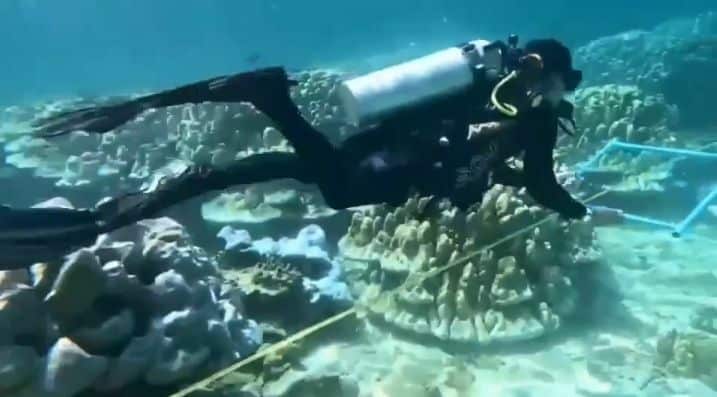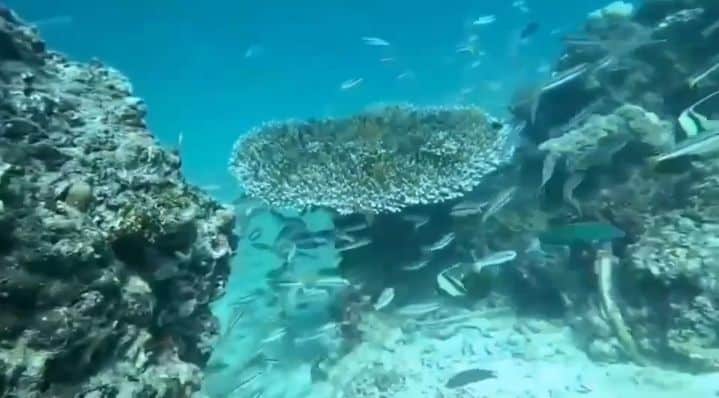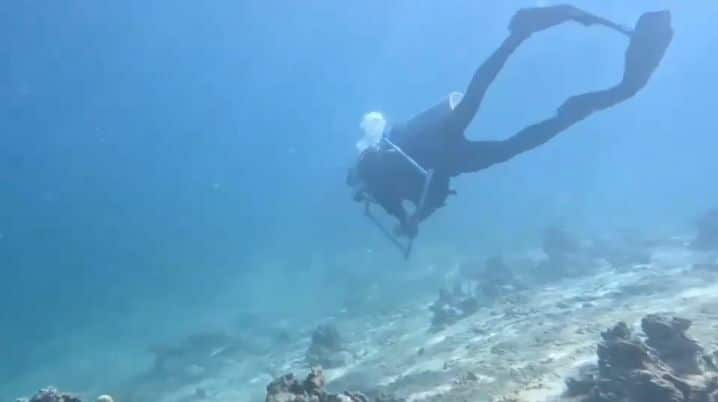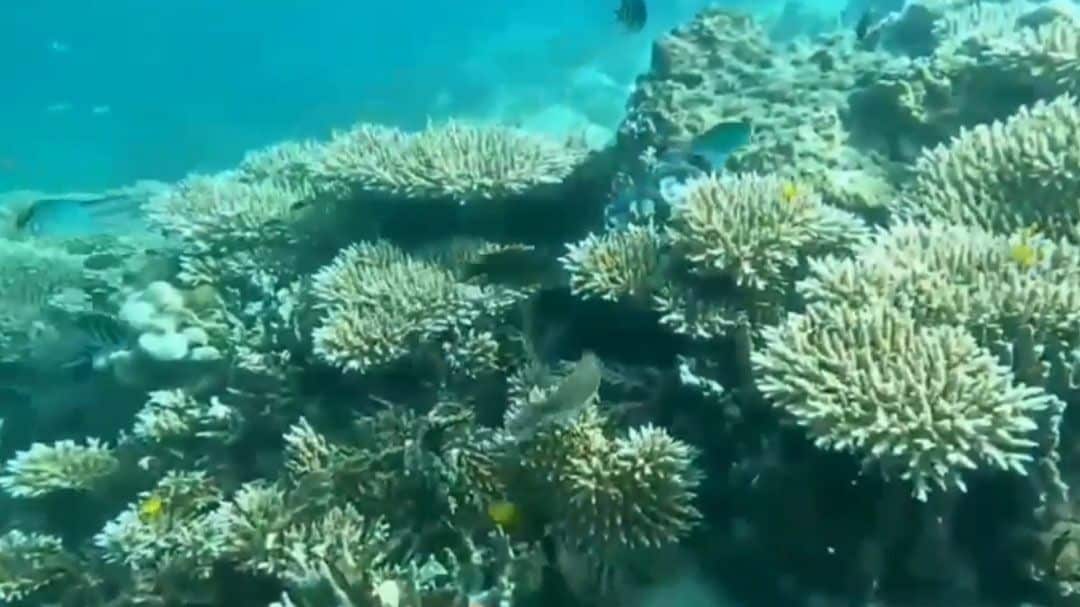Phi Phi Islands reopen snorkelling and diving after coral recovery

Tourists can once again dive into the crystal-clear waters of the Phi Phi Islands and this time, with a mission to protect paradise.
After a year-long ban due to severe coral bleaching, snorkelling and scuba diving have officially resumed at 10 designated sites within the Hat Noppharat Thara–Mu Ko Phi Phi National Park in Krabi.
The decision comes after promising signs of coral reef recovery, said Sangseelee Chongthong, head of the national park.
“The coral is healing well, and surveys show that the marine ecosystem is bouncing back. We’ve decided to lift the restrictions imposed last year and reopen the approved diving and snorkelling zones.”
Activities were suspended following two official orders dated May 13 and June 22, 2024, aimed at giving damaged coral reefs time to regenerate.
With visible improvements, park authorities have now revoked those bans.


Reopened areas include the northern and eastern sides of Koh Kai, northern Koh Poda near Matang Ming, Ao Pu Ya of Koh Poda, Koh Daeng, Ao Railay (also known as Bird’s Nest Island or Happy Island), Koh Yawasum, Ao Loh Ba Gao, the northern side of Viking Cave, and the waters in front of Ao Pileh. However, the western side of Koh Kai (Ao Khang Khao) remains off-limits to protect more fragile coral beds.
Park officials urge visitors, tour operators, and boat captains to strictly follow marine conservation rules. These include no littering, no food waste disposal into the sea, no anchoring on coral reefs, and a hands-off policy on all marine life and corals.

“We’re counting on everyone to respect the rules. Coral takes years to recover, but only seconds to destroy,” Sangseelee warned.
The reopening is a major boost for local tourism, which has long relied on the Phi Phi Islands’ reputation as a diving haven. However, officials stress that this renewed access comes with responsibility, reported KhaoSod.

With the right behaviour and some eco-awareness, visitors can enjoy the beauty of Phi Phi’s underwater world while helping ensure it remains stunning for generations to come.
Latest Thailand News
Follow The Thaiger on Google News:


























